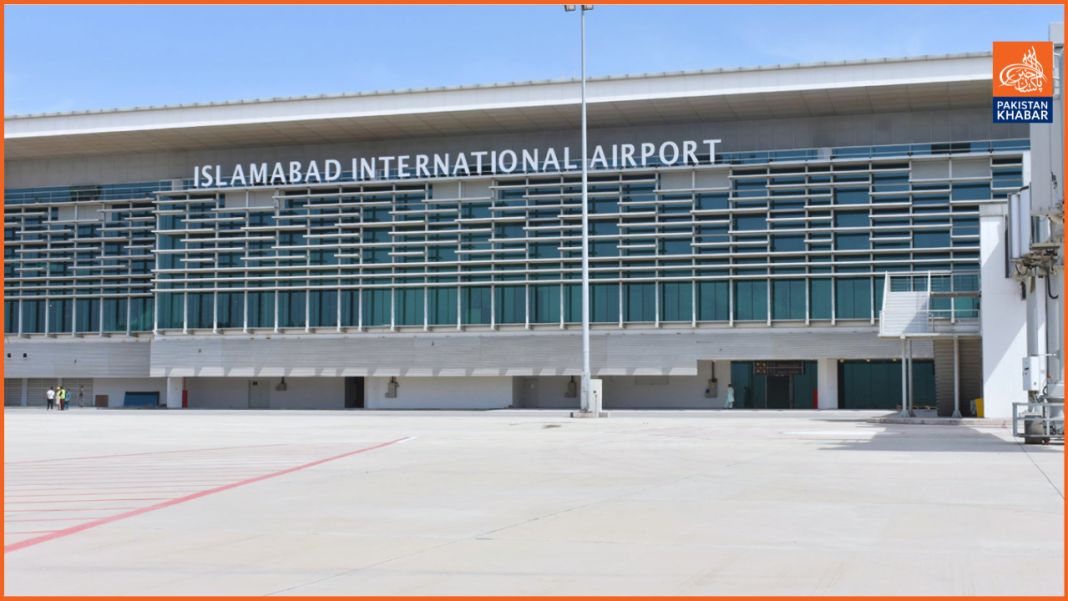A well-planned effort to bring private expertise to Pakistan’s main gateway encountered unforeseen obstacles this week, exposing the difficulties in the country’s economic modernization efforts.
During a live broadcast, officials disclosed that the only bidder for Islamabad International Airport’s operations, a Turkish-British consortium, had proposed a revenue-sharing offer significantly lower than the government’s expectation. The consortium’s 47.25% share fell short of the 56% target set by aviation authorities.
“The gap between expectation and reality couldn’t have been more stark,” commented a senior aviation official, who wished to remain anonymous due to the sensitive nature of the negotiations.
The situation became even more complicated when it was revealed that the World Bank’s International Finance Corporation (IFC), acting as the transaction advisor, had suggested a lower revenue share of 46.5%. This revelation led to an emergency meeting at the Prime Minister’s office, where cabinet members reportedly questioned why aviation officials pushed for higher terms despite expert advice.
The stakes are high for Islamabad’s six-million-passenger terminal, where most travelers are international passengers. The airport has struggled to match the service levels of its regional competitors, while Pakistan’s aviation sector faces broader operational challenges.
The Pakistan Airports Authority has now turned to the IFC for further guidance, with recommendations expected by January 9. However, the incident has already raised concerns about whether Pakistan’s bureaucracy is ready to embrace the market realities essential for privatization.
“There’s often a disconnect between what governments hope to achieve and what investors are willing to risk,” said a veteran infrastructure consultant who has worked on similar projects in South Asia. “This is especially true in markets with evolving regulatory frameworks.”
As Islamabad considers its next steps, the outcome will determine whether Pakistan’s economic reforms will prioritize practical progress or ideal terms. For now, the future of the terminal – much like many flights on a foggy morning – remains uncertain.




